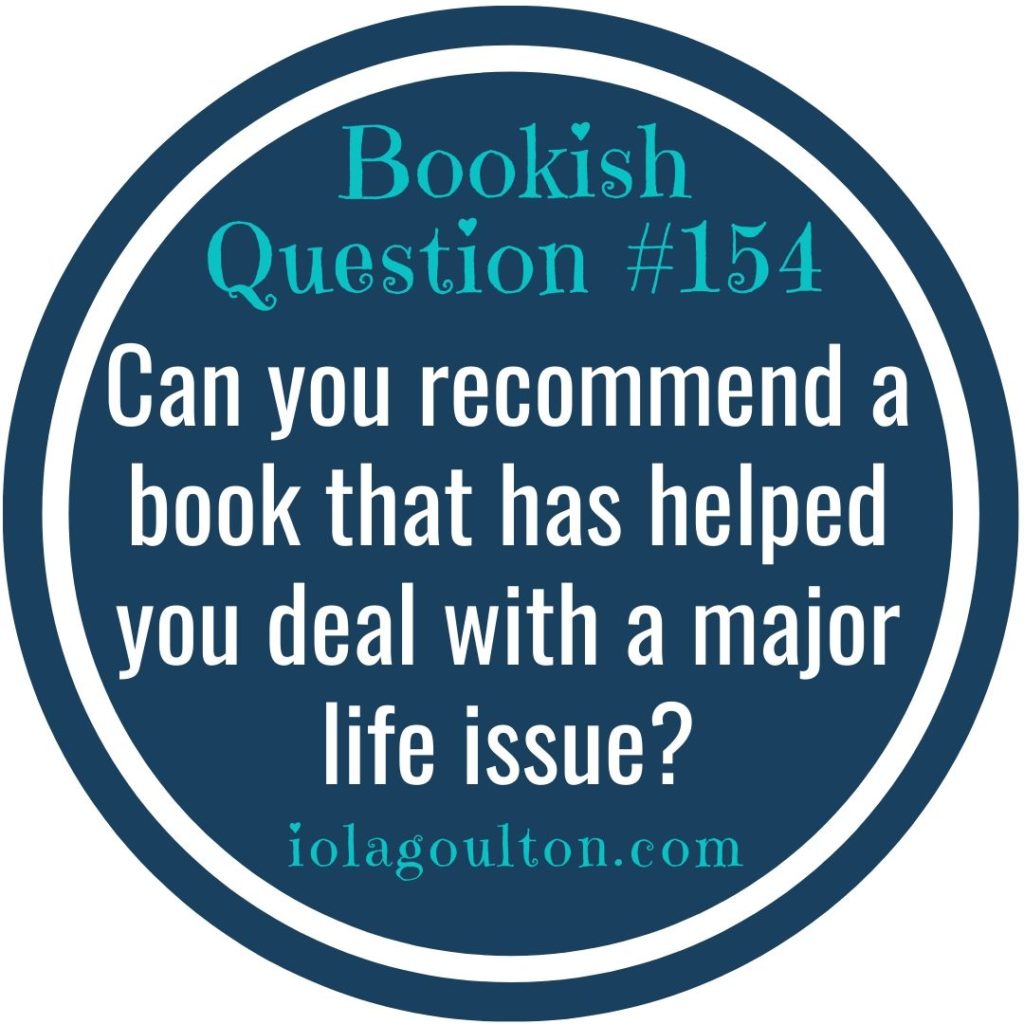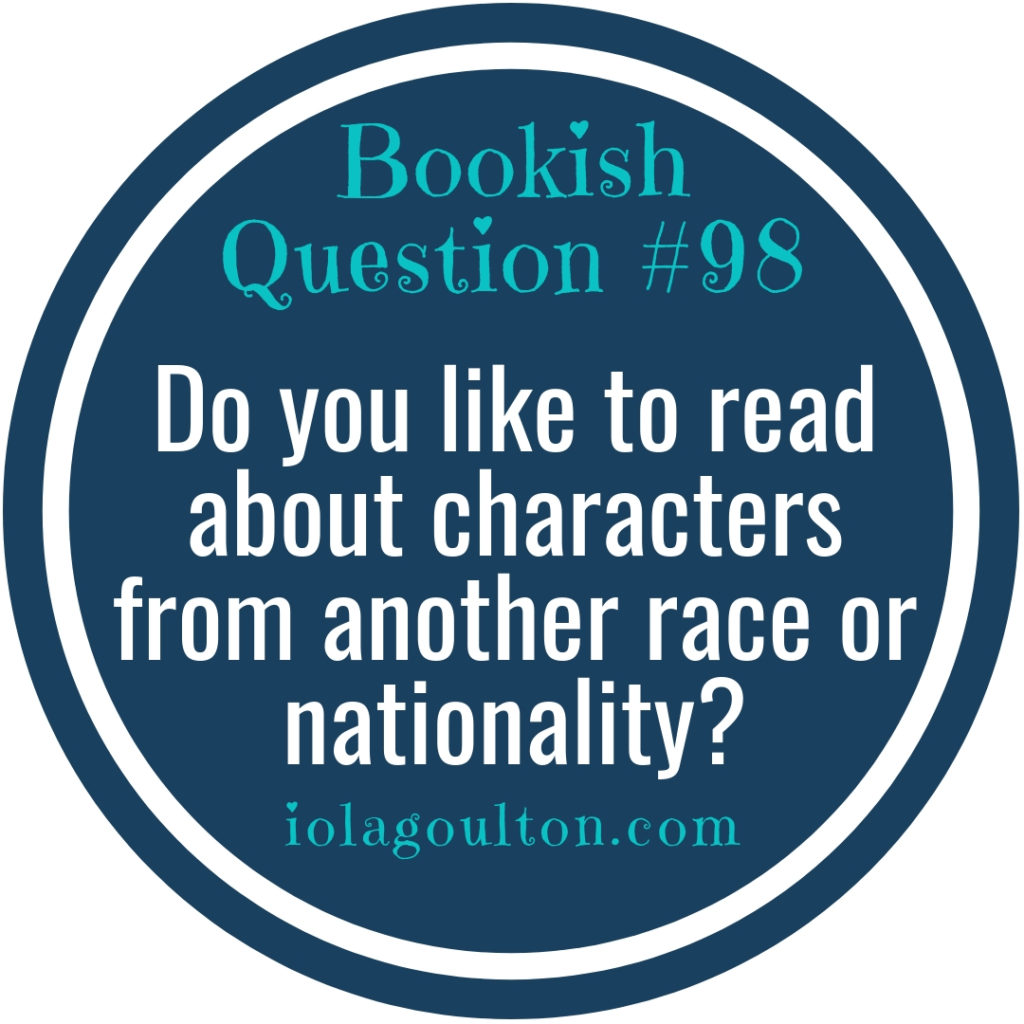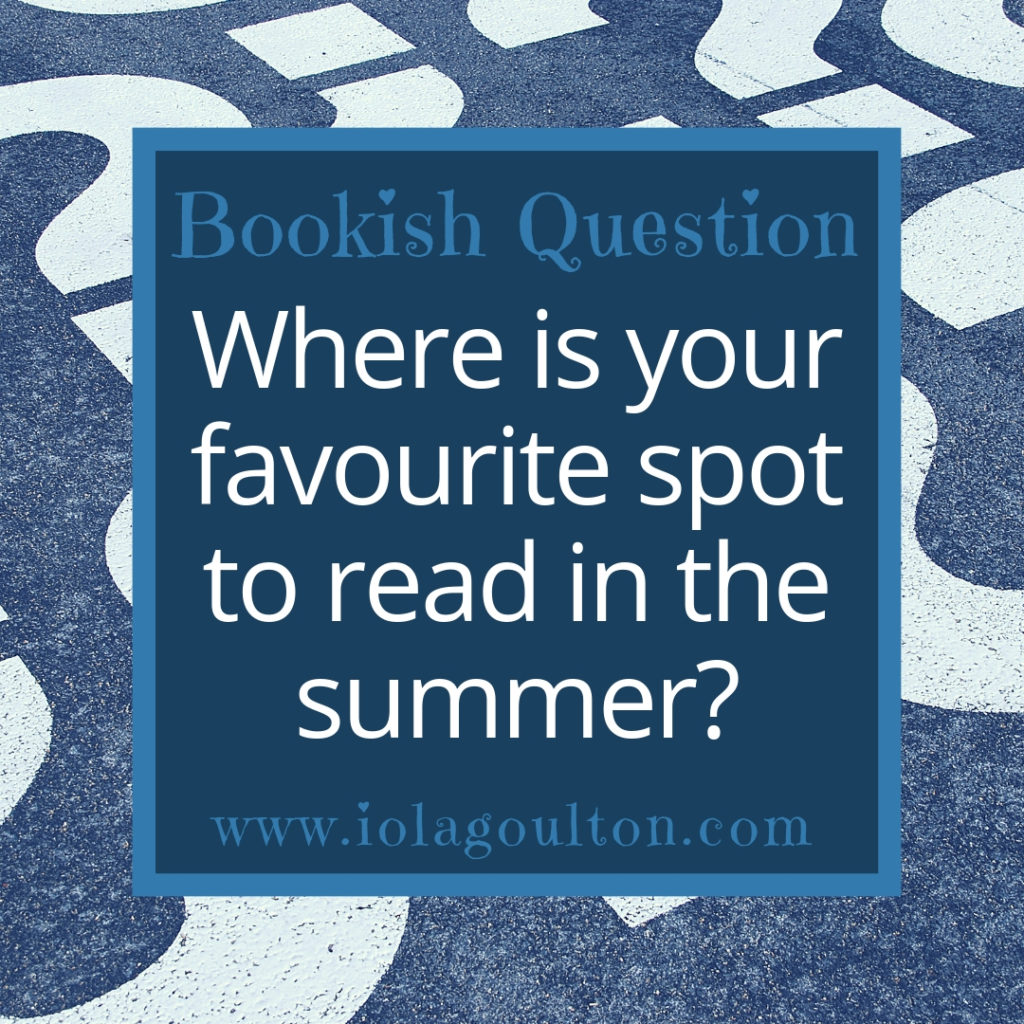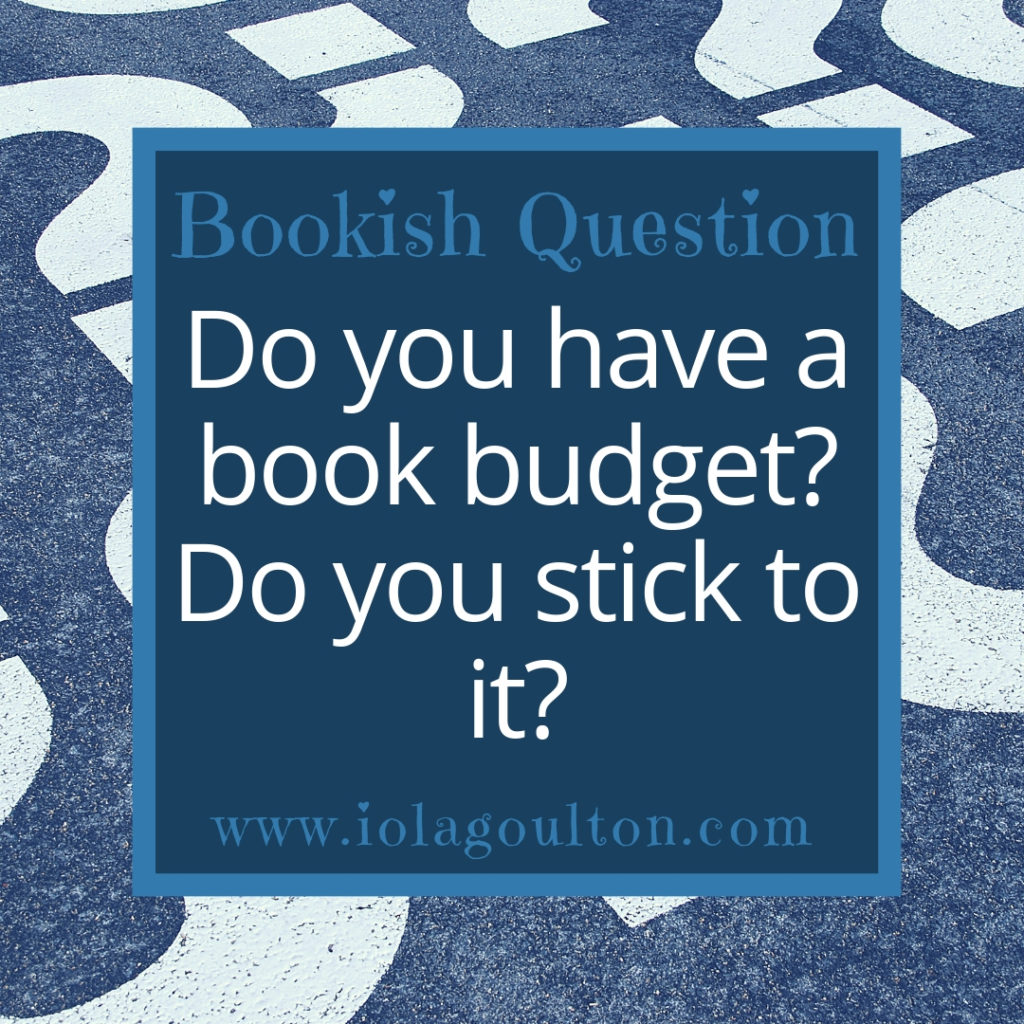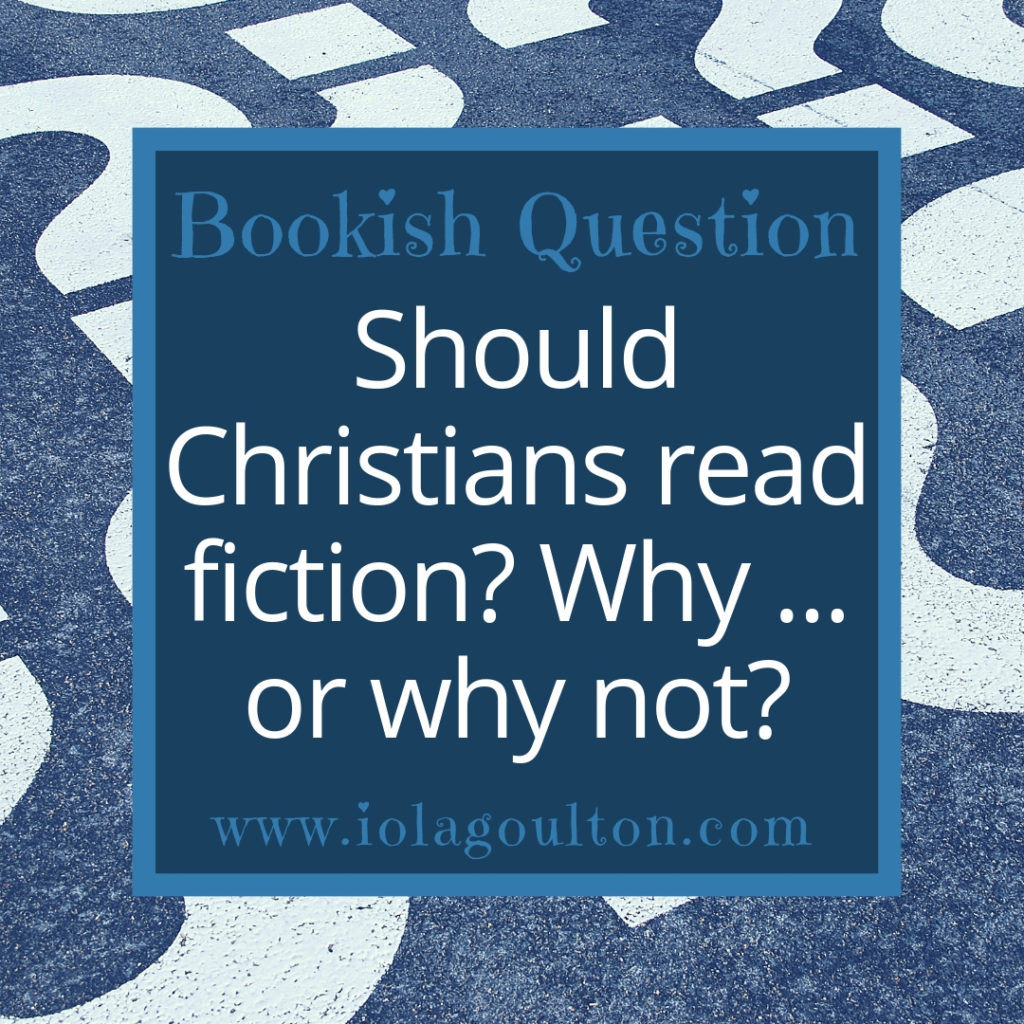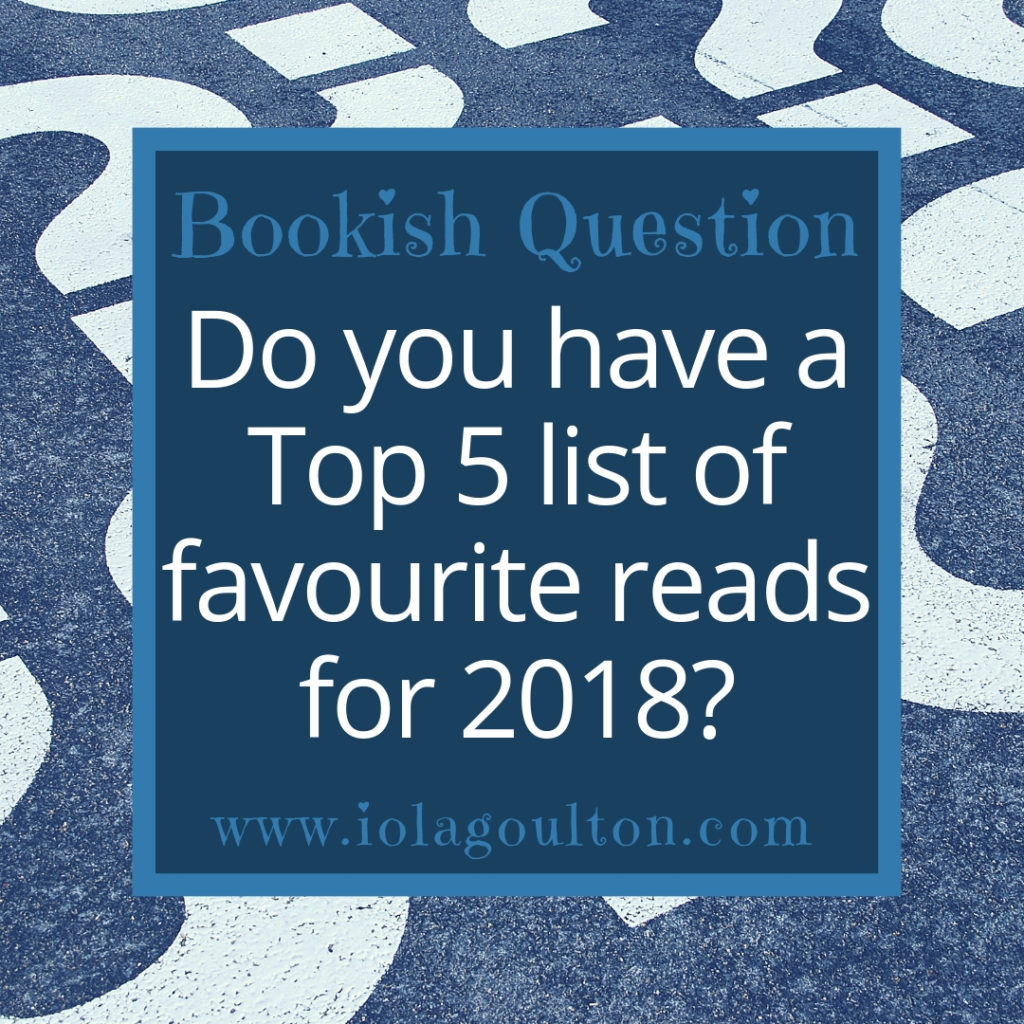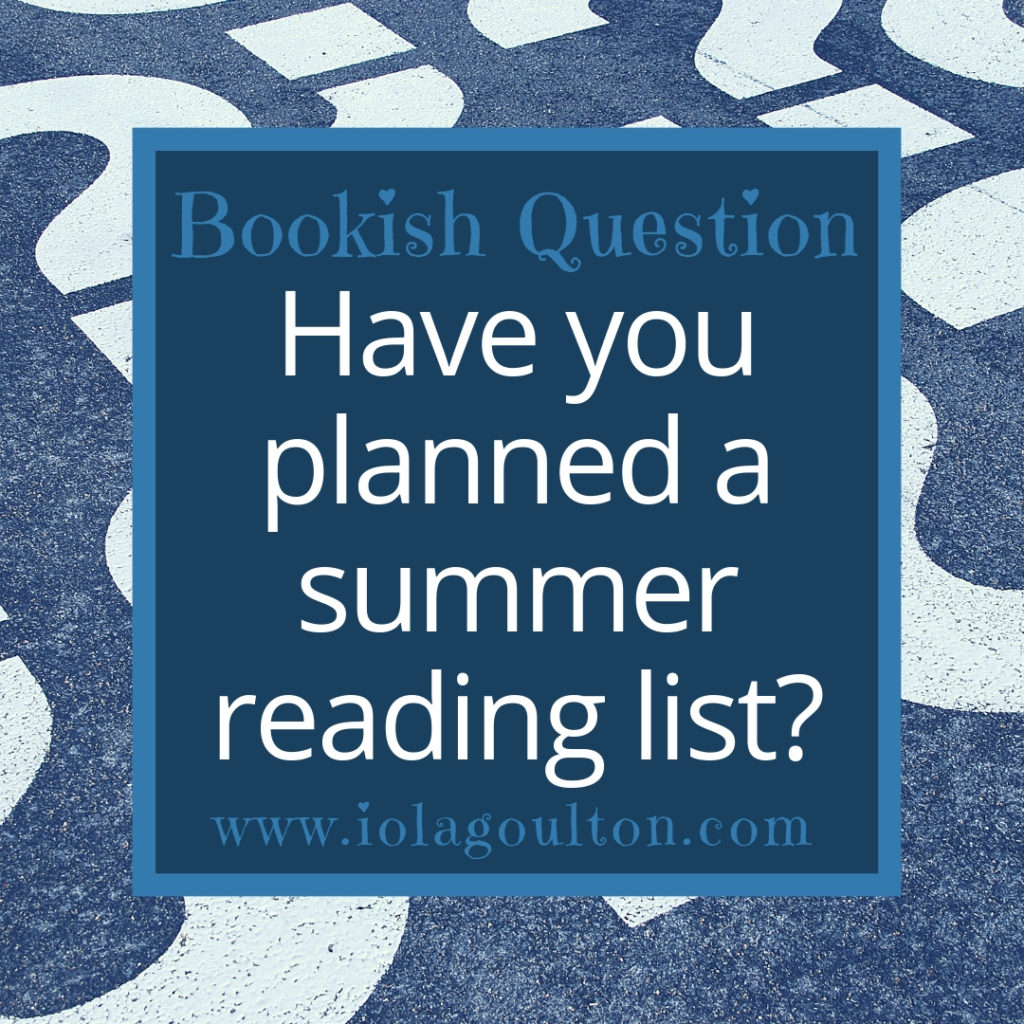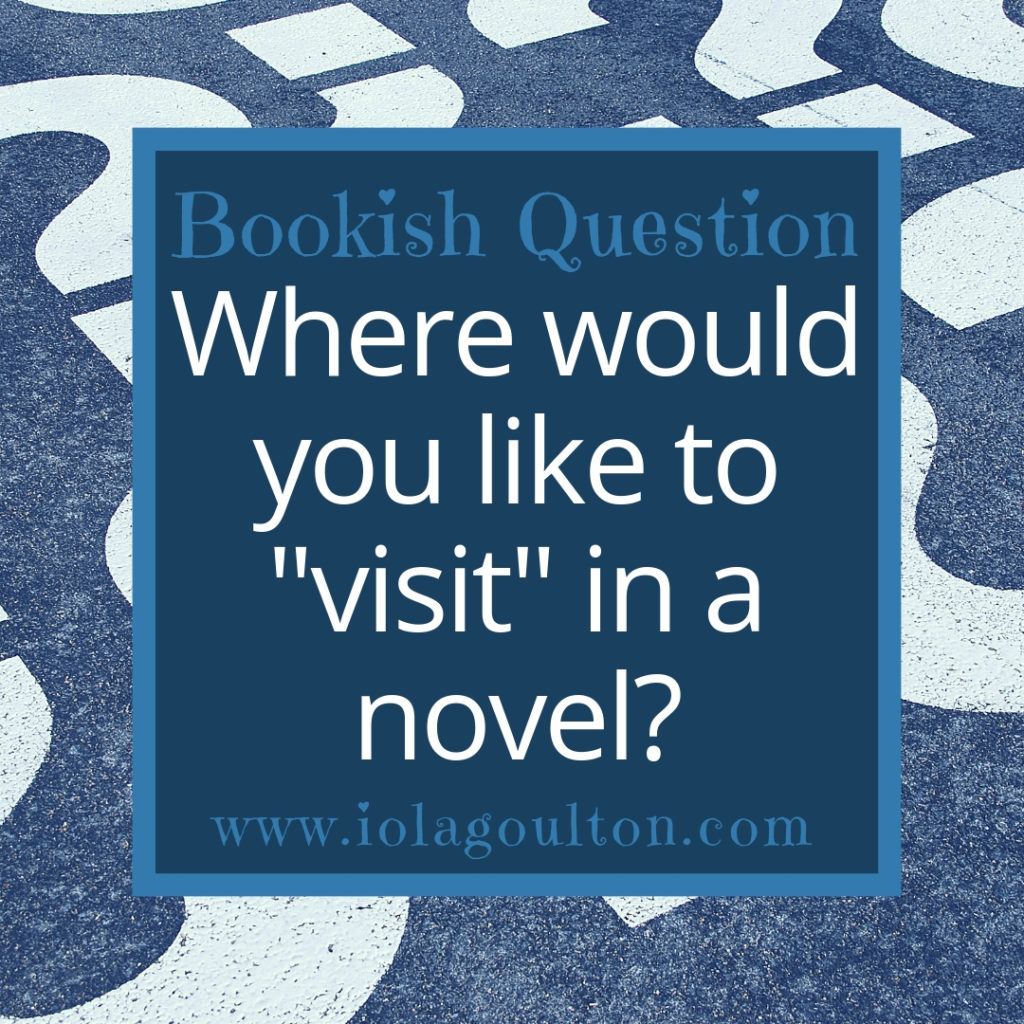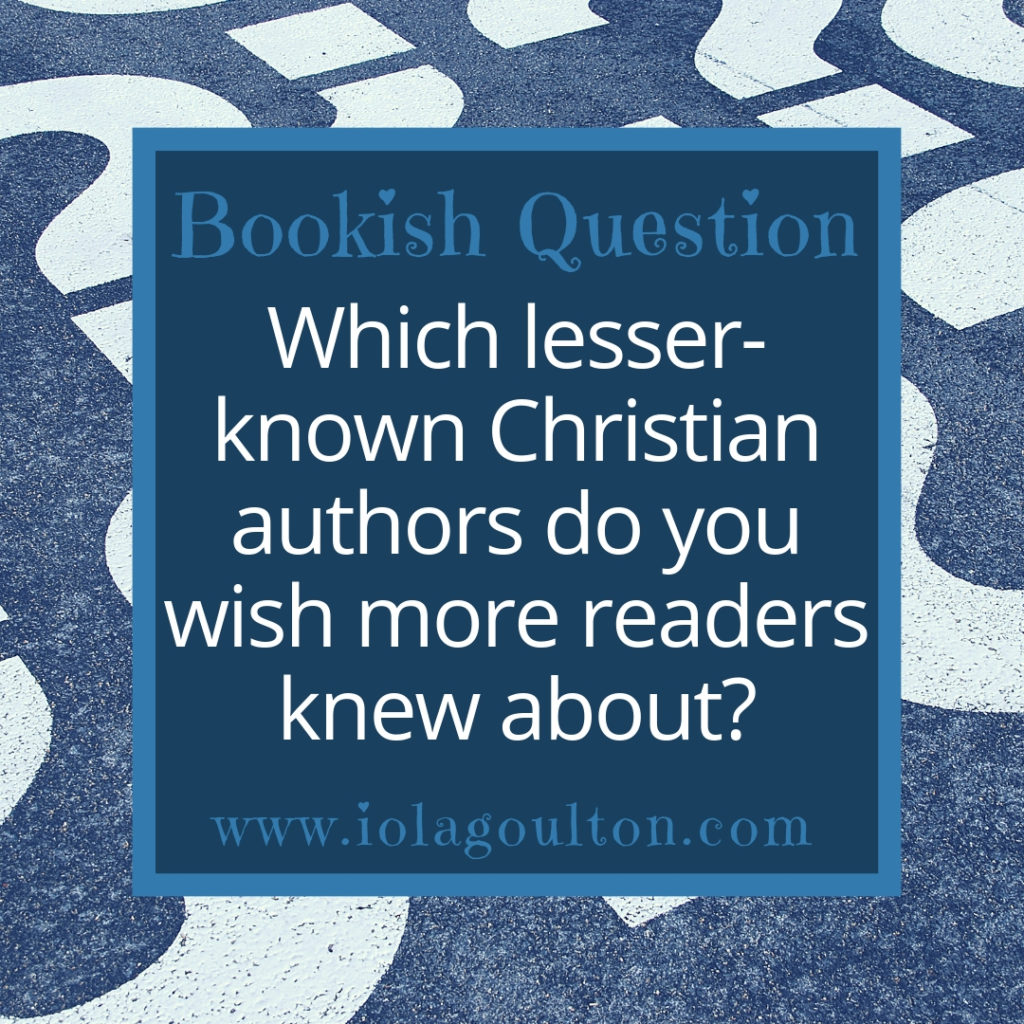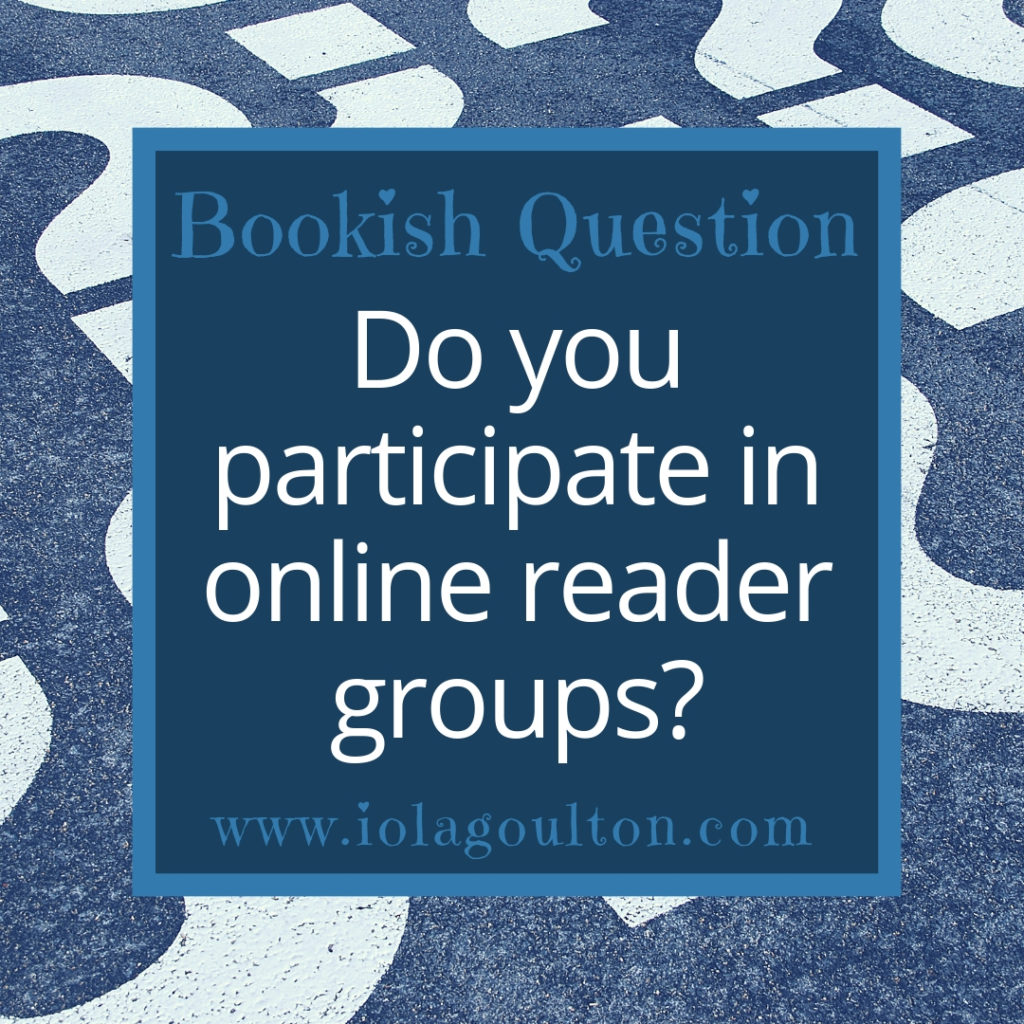We can learn a lot from reading. Books can change the way we look at things, and help us deal with life issues.
Can you recommend a book that has helped you deal with a major life issue?
The Bible, obviously. But what else?
It speaks to my preference as a fiction reader that my first thought with this question was to think of a novel. I considered the question, but nothing came to mind.
But when I stepped back and thought about it, I realised I have recently read a nonfiction book that has answered some big questions … unasked questions, perhaps, but questions all the same.
Becoming Sage by Michelle Van Loon
Becoming Sage is written for “mature” Christian women, and talks about how to cultivate spiritual maturity in the second half of life. It points out that most churches are full of programmes for the young (children and teens) and the young in Christ (discipleship programmes for new Christians), but they often fail when it comes to addressing the needs of more mature members of the church.
Van Loon points out that our spiritual life is an ongoing journey. That’s something we probably know intellectually (after all, we know we will be human and sinful until we die). But we don’t always think through the implications: that we need to continue to grow spiritually, which means putting ourselves in a church family that enables and encourages that growth.
While there haven’t been any novels that have helped me deal with a life issue, I have certainly come across novels that have challenged my thinking. Two books stand out to me–one you’ve probably heard of, and one you probably haven’t.
When the Shofar Blew by Francine Rivers
Francine Rivers needs no introduction. When the Shofar Blew is a warning call for the church about putting pastors and other Christians on some kind of pedestal and assuming they can do no wrong. It’s also a reminder that God can and will forgive.
Confessions of a Teenage Hermaphrodite by Lianne Simon
This is the story of a child born with a body that falls outside our definition of “normal” and her challenge as she grew up: should she be the son her earthly father wanted, or the daughter she believed her heavenly Father created her to be. The book opened my eyes to a medical condition that’s a lot more common than we know, and the issues aren’t as black and white as many of us were raised to think.

